Applications of Barium Tungsten Electrodes in Industrial Fields
- Details
- Category: Tungsten Information
- Published on Thursday, 24 April 2025 16:58
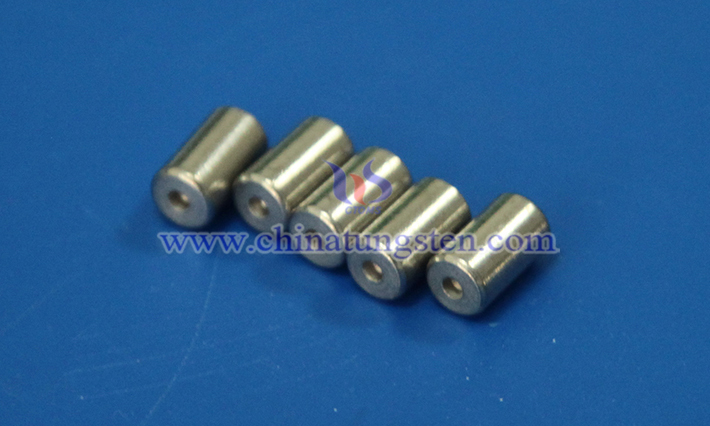
As a high-performance composite electrode material, barium tungsten electrodes exhibit extensive application value in multiple industrial fields due to their advantages of low work function, high current density, and long lifespan.
Applications of Barium Tungsten Electrodes in the Medical Field
- Details
- Category: Tungsten Information
- Published on Thursday, 24 April 2025 16:56
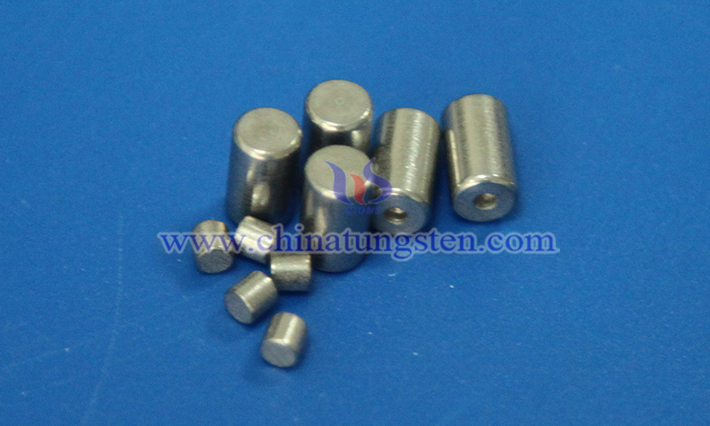
Barium tungsten electrodes are primarily used in high-precision electrosurgical equipment in the medical field, valued for their excellent conductivity, high-temperature resistance, and chemical stability. Below is an overview of their main application scenarios:
Effect of Impurity Elements on the Properties of Ammonium Metatungstate
- Details
- Category: Tungsten Information
- Published on Wednesday, 23 April 2025 15:38
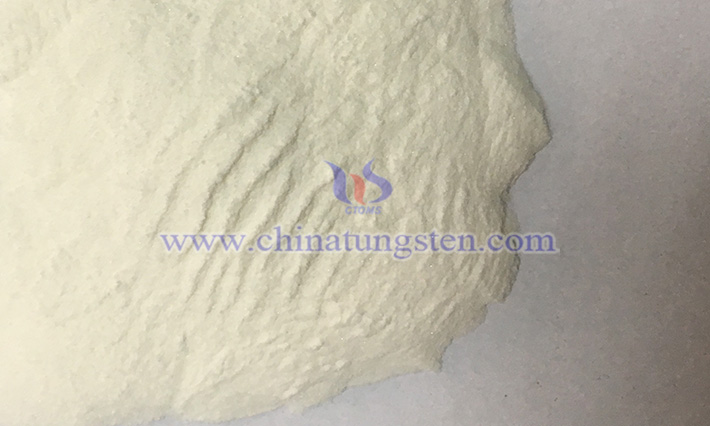
Ammonium Metatungstate (AMT), produced by CTIA GROUP LTD, primarily consists of tungsten (W), oxygen (O), nitrogen (N), and hydrogen (H), with potential impurity elements such as iron (Fe), molybdenum (Mo), vanadium (V), sodium (Na), and potassium (K). These impurities, originating from raw materials, solvents, or process conditions, significantly influence AMT’s crystal structure, physicochemical properties, and application performance.
Effect of Ammonium Ion Concentration on the Properties of Ammonium Metatungstate
- Details
- Category: Tungsten Information
- Published on Wednesday, 23 April 2025 15:32
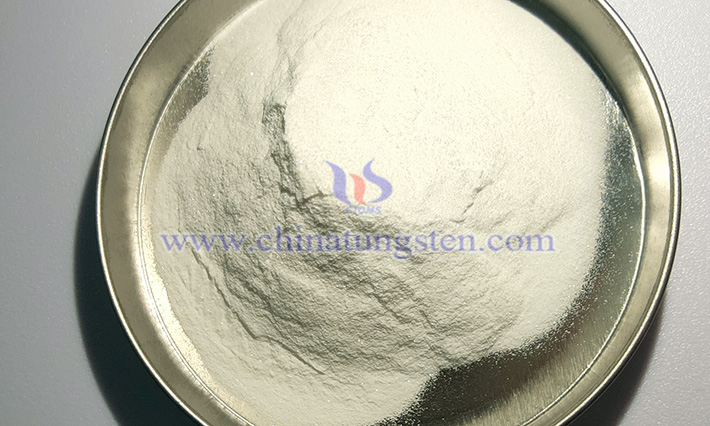
Ammonium Metatungstate (AMT), a tungstate compound produced by CTIA GROUP LTD, consists of ammonium ions (NH₄⁺), hydrogen ions, tungstate ions, and crystal water, with the chemical formula (NH₄)₆H₂W₁₂O₄₀·xH₂O. The proportions of these components and crystal water may vary slightly depending on the preparation method and conditions. During AMT synthesis, the concentration of ammonium ions significantly influences the crystal morphology, particle size, and properties of the product, including solubility, thermal stability, chemical stability, and catalytic performance.
Effect of Crystal Structure on the Properties of Ammonium Metatungstate
- Details
- Category: Tungsten Information
- Published on Wednesday, 23 April 2025 15:29
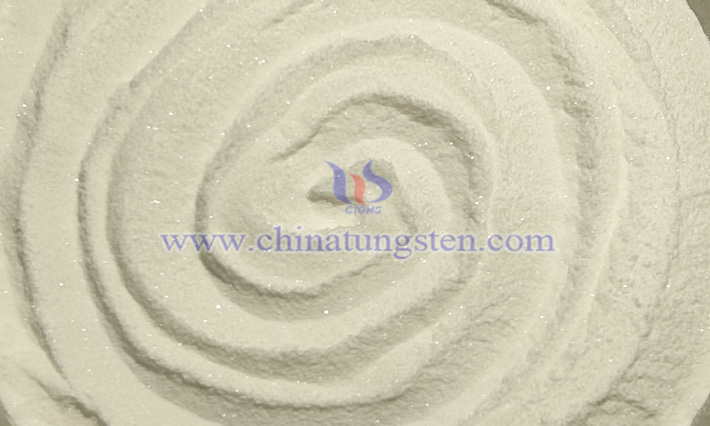
Ammonium metatungstate (AMT), a critical compound of the transition metal tungsten, features a core structure based on the Keggin-type polyacid anion [H₂W₁₂O₄₀]⁶⁻. This anion is formed by 12 WO₆ octahedra connected through corner- or edge-sharing, creating a cage-like structure typically centered by a heteroatom or proton. Stabilized by NH₄⁺ cations and crystal water molecules, this polyoxoanion forms a three-dimensional crystal structure. AMT’s crystal structure is generally monoclinic or triclinic, depending on crystallization conditions such as temperature, pH, and solvent. The crystal structure significantly influences AMT’s properties, including solubility, thermal stability, catalytic performance, and chemical stability. Below is a detailed analysis of these impacts.
Effect of Solution pH Value on the Crystal Structure of Ammonium Metatungstate
- Details
- Category: Tungsten Information
- Published on Wednesday, 23 April 2025 15:26
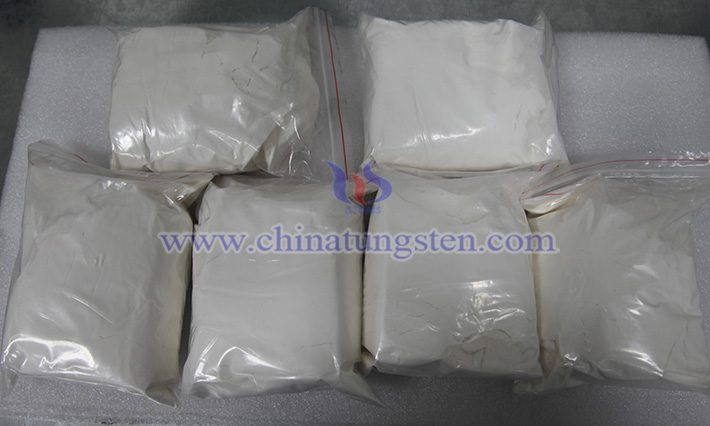
The pH of the solution plays a critical role in the formation and stability of the crystal structure of Ammonium Metatungstate (AMT) produced by CTIA GROUP LTD. The crystal structure of AMT is centered around the Keggin-type polyacid anion [H₂W₁₂O₄₀]⁶⁻, and the pH directly influences the polymerization behavior of tungstate ions, which in turn affects the formation, chemical composition, and morphology of the crystals.
What Are the Factors that Affect the Properties of Ammonium Metatungstate?
- Details
- Category: Tungsten Information
- Published on Wednesday, 23 April 2025 15:22
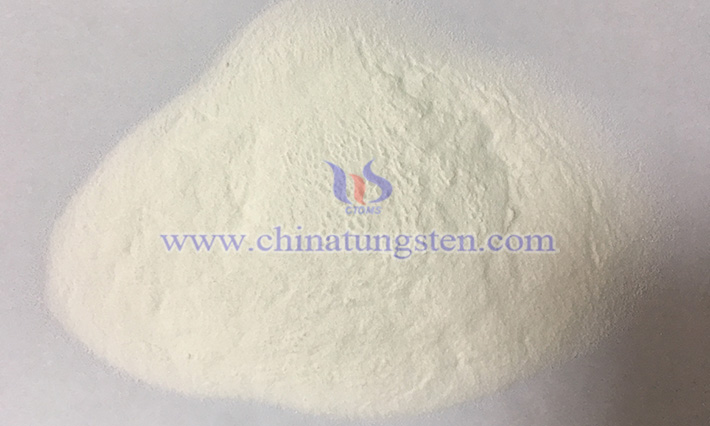
Ammonium Metatungstate (AMT) is a critical tungsten compound primarily used in the production of tungsten powder, tungsten wire, tungsten alloys, and hard alloys. It finds extensive applications in electronics, aerospace, mechanical manufacturing, catalysis, and the chemical industry. The physicochemical properties of AMT, such as solubility, thermal stability, and catalytic performance, are influenced by factors including crystal structure, solution pH, preparation temperature, and other conditions.
What Is the Solubility of Ammonium Metatungstate?
- Details
- Category: Tungsten Information
- Published on Monday, 14 April 2025 11:18

Ammonium metatungstate (AMT) and ammonium paratungstate (APT) produced by CTIA GROUP LTD are two critical intermediate compounds in tungsten chemistry. Their solubility directly impacts their applications in industrial production, catalyst preparation, and material processing. AMT stands out for its high water solubility across various fields, while APT’s lower solubility results in distinct differences in application scenarios.
What Is the Crystal Structure of Ammonium Metatungstate?
- Details
- Category: Tungsten Information
- Published on Monday, 14 April 2025 11:14
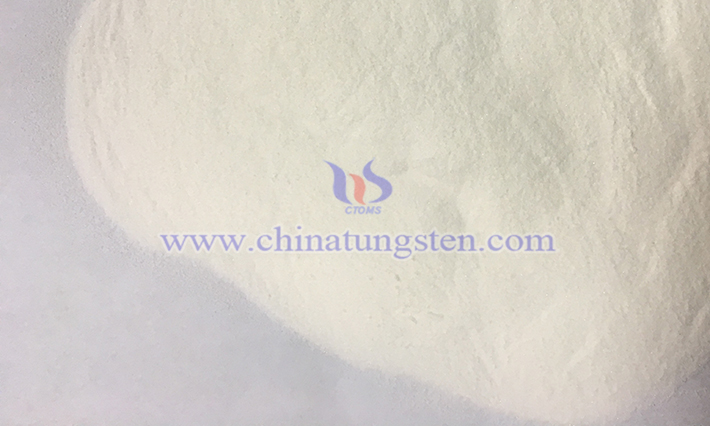
Ammonium metatungstate (AMT) produced by CTIA GROUP LTD is a crucial polynuclear tungstate compound with a complex yet highly ordered crystal structure. Centered around a Keggin-type polyoxoanion, it combines with ammonium cations and crystal water to form a stable lattice. This unique structure imparts AMT with exceptional physicochemical properties, making it widely applicable in fields such as catalysts, tungsten materials, and nanotechnology.
Physical and Chemical Properties of Ammonium Metatungstate
- Details
- Category: Tungsten Information
- Published on Monday, 14 April 2025 11:05
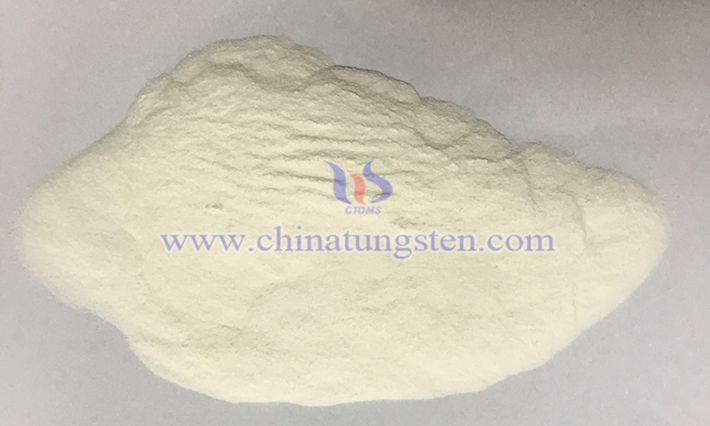
Ammonium metatungstate (AMT) produced by CTIA GROUP LTD is a vital tungsten compound widely applied in catalysts, tungsten alloys, electronic materials, and the chemical industry. Its physicochemical properties underpin its unique advantages in industrial production and applications.


 sales@chinatungsten.com
sales@chinatungsten.com